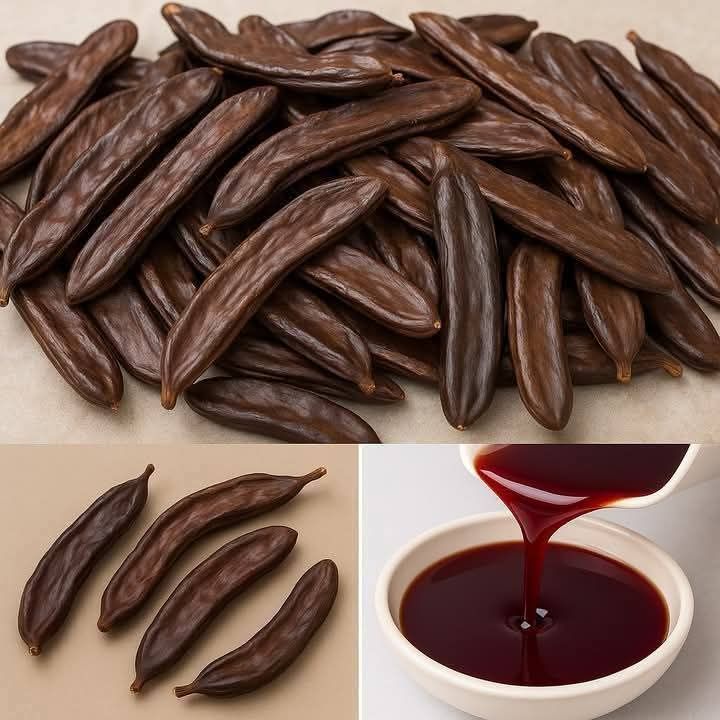ADVERTISEMENT
Digestive Support: Carob, thanks to its high fiber content, is excellent for digestion. It regulates bowel movements, prevents constipation, and supports the overall functioning of the digestive system.
Weight Management: The fiber in carob increases the feeling of fullness, which can help control appetite and effectively manage weight.
Cardiovascular Health: Cholesterol-free and rich in potassium, carob helps lower blood pressure and maintain a healthy heart, thus reducing the risk of cardiovascular disease.
Immune System Boost: Antioxidants, such as polyphenols found in carob, strengthen the immune system and protect cells from damage caused by free radicals. Cholesterol reduction: Carob's soluble fiber helps lower LDL cholesterol levels, thus promoting a healthy cardiovascular system.
Essential nutrient content: Carob is an excellent source of calcium, crucial for bone health, and iron, necessary for preventing anemia.
Carob consumption
Carob is versatile in its uses. Dried pods can be eaten directly as a snack or incorporated into various culinary preparations, including desserts and pastries. In powdered form, carob is often used as an alternative to cocoa, as it contains neither caffeine nor theobromine, making it gentler on the nervous system.
Conclusion
Rediscovering carob means reintroducing a fruit with multiple benefits into our diet, a reminder of the importance of the culinary knowledge inherited from our grandparents. Incorporating carob into our diet can not only diversify our dishes but also greatly contribute to our overall well-being. So, the next time you're looking for an ingredient that's both nutritious and beneficial to your health, consider carob and let yourself be surprised by its many virtues.
ADVERTISEMENT
